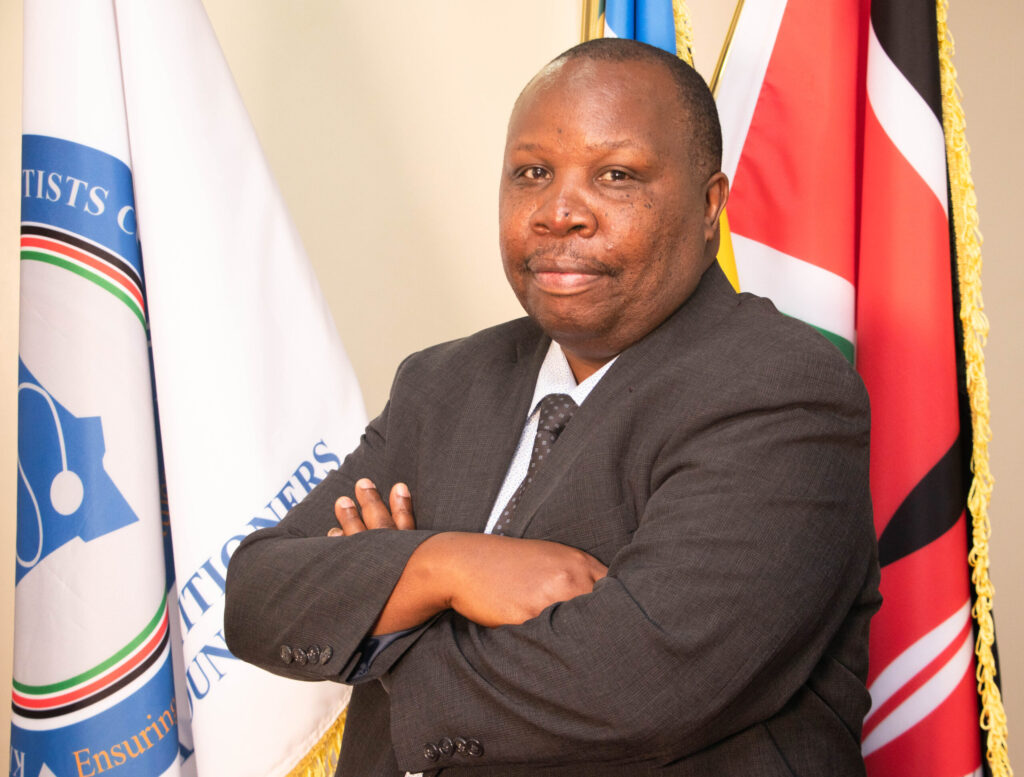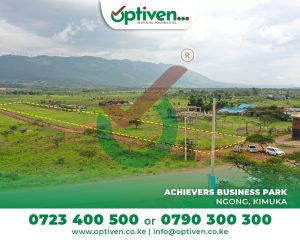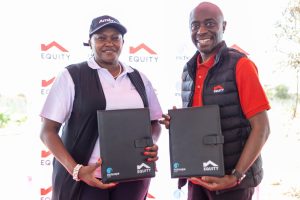David Kariuki:A CEO With A Difference

- Tell us a bit about yourself:
I am an experienced obstetrician and gynecologist with about 30 years of experience having graduated with a Master of Medicine in Obstetrics & Gynaecology and a Bachelor of Medicine and Bachelor of Surgery from the University of Nairobi. I have an MBA in Healthcare Management from Strathmore University and a post graduate Diploma in Health Systems Management.
Before my current role, I served as the Senior Deputy Director of Medical Services (SDDMS) at the Ministry of Health, leading the Department of Health Policy, Planning, Financing and Research Development. I also spearheaded the Ministry of Health’s Universal Health Coverage (UHC) efforts, including developing the UHC roadmap.
I have served as a Medical Superintendent at Kiambu Hospital Level IV Hospital, where I spearheaded positive transformations that achieved exceptional results. Prior to that I had served as the Nedical superintendent at the then Molo district hospital.
I am a father,son, brother, cousin, uncle and friend to many.
2. What do you love the most about being CEO?
I love the opportunity to drive improvements in healthcare processes and contribute to Kenya’s UHC ambitions. These include reducing turnaround times and facilitating access to Kenya Medical Practitioners and Dentists Council (KMPDC) services through efficient digital channels, which in turn enhances service provision for practitioners and the public. Today, the public has a better understanding of our role as a regulator and we are more accessible due to effective communication strategies.
These strategies have made it possible for the Council to better engage with practitioners and the public, fostering transparency and accessibility. These initiatives align with the Council’s goal of ensuring high-quality healthcare provision through the execution of its mandate.
In short, I find fulfillment in bringing healthcare services closer to the people.
I am additionally proud of having led the development of the Kenya National Universal Healthcare Coverage Policy 2020-2030 and serving as a team leader for the universal healthcare coverage roadmap.
3. What are some of the challenges have you faced as CEO?
One of the challenges that I have faced as a CEO in charge of regulation is the overlapping of activities and roles. There can be conflicts or redundancies in activities and roles across different regulatory entities in the healthcare sector. However, I ensure that there is smooth coordination and collaboration among various health regulatory boards and councils to address these issues by closely working with other stakeholders.
I must also point out that one of the biggest challenges faced by the Council was the COVID-19 pandemic which brought unprecedented challenges that impacted the global economy and access to healthcare. The shift from face-to-face engagements to virtual care necessitated proper regulation and consistency in virtual healthcare provision. We responded by rapidly providing guidance on provision of virtual health services.
Restrictions due to COVID-19 protocols additionally limited patients’ ability to receive specialized treatment abroad. These challenges highlighted the urgent need to improve access to specialized care within Kenya.Finally, the pandemic underscored the importance of collaborative efforts in managing public health emergencies and preparing mitigation plans. No single entity can handle such situations alone, we need joint efforts.
As in all organizations, financial resources are most times a challenge. However with prioritization and mobilization, we are able to undertake the intended activities.
4. Where do you see yourself in the next 10 years?
In a perfect world, there will be a remarkable improvement in how the Council interacts with both practitioners and the public. Practitioners and the public will access our services with ease through the use of efficient digital channels. The Council’s footprint will be through having robust regional offices that can handle our clients’ needs and effectively conduct surveillance. Our services will be close to the people. Bringing all these together means developing effective communication strategies to better communicate with the practitioners and public on our functions, activities, and even challenges when they arise.
I see myself contributing to the Councils success and eventually to regional and global health initiatives.
5. Who is your inspiration and role model?
Many people have left an indelible mark on my life but I want to single out my father who instilled the discipline necessary for me to reach where I am. He was a disciplinarian who demanded that things be done right and this has been important, especially in my career where when things are not done right, the consequences can be severe.
6. What do you know now that you knew when you were starting?
Much has been done, however a lot remains to be done to enhance quality health care provision in our Country. Have learnt that despite having the guiding Law (Cap 253), continuous review of the existing standards and rules that we have for us to respond to the rapid changes that keep occurring in the field of medicine is necessary. For example, we have the emerging issues of digital health and artificial intelligence for which we must provide guidance on how they will be regulated to ensure public health safety.
7. What would you like your legacy to be?
This Country is living in a devolved system of governance and I feel that the Council should also have a presence in all the counties. This will enable better management and regulation of healthcare in each of the devolved units. The public will be more assured that they receive services from qualified practitioners and health facilities. I want the Council’s presence to be positively felt in every corner of the country by the time I hang my boots. I know this will require significant resources, but moving and implementing gradually this goal can be achieved.
8. When and what inspired you to pursue your career path?
I got my first inspiration while still in high school, driven by the desire to help people in need and the title “Doctor”. Fuelled by my good performance in science subjects I chose medicine as the first course applied for in University, and when the national examinations were announced, I had qualified to join medical school. Early in my career as a doctor, challenges I faced in ensuring patients received timely care that they needed opened my eyes to the critical role that leadership and governance plays in access to health services by the population. It was always disheartening to have to refer patients because of lack of resources ( such as medicines, equipment,laboratory or radiology services) that could have been easiliy availed for me to treat the patients. Since then I added health governance as a path that I would also pursue in addition to my clinical career, and I have been in charge of hospitals, and finally here I am contributing to population health through regulation of health practitioners and the facilities they work in.
9. What do you love doing during your free time?
When not working I enjoy family game nights with board games like chess and Monopoly, and card games. I’m also an entrepreneur and, I find balance through farming, managed carefully to avoid work interference. I also enjoy biographies and motivational reads. When it’s time to socialize I will be cheering on Arsenal with friends over some nyama choma.
10. What mantra do you live by?
I believe that everything is possible with the necessary effort and preparation. Sometime back as a child when I told my father I would become a doctor he didn’t believe me. At that age, I wasn’t even too sure what a doctor does but I believed. Many years down the line when my name was finally put up on a noticeboard at the Kenyatta National Hospital (KNH) as having qualified to be one, my father got me a blue striped suit, my first suit for the graduation ceremony. I have loved blue suits since that first one. The key is that you first need to believe, and then work towards actualizing that belief.
11. For those who would like to reach out to you. How can they reach you?
ceo@kmpdc.go.ke



